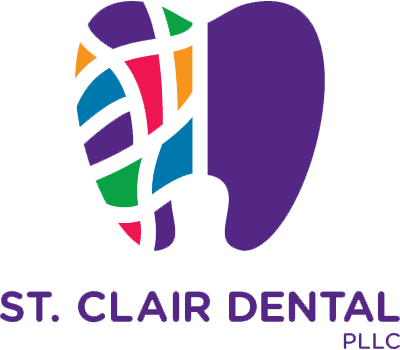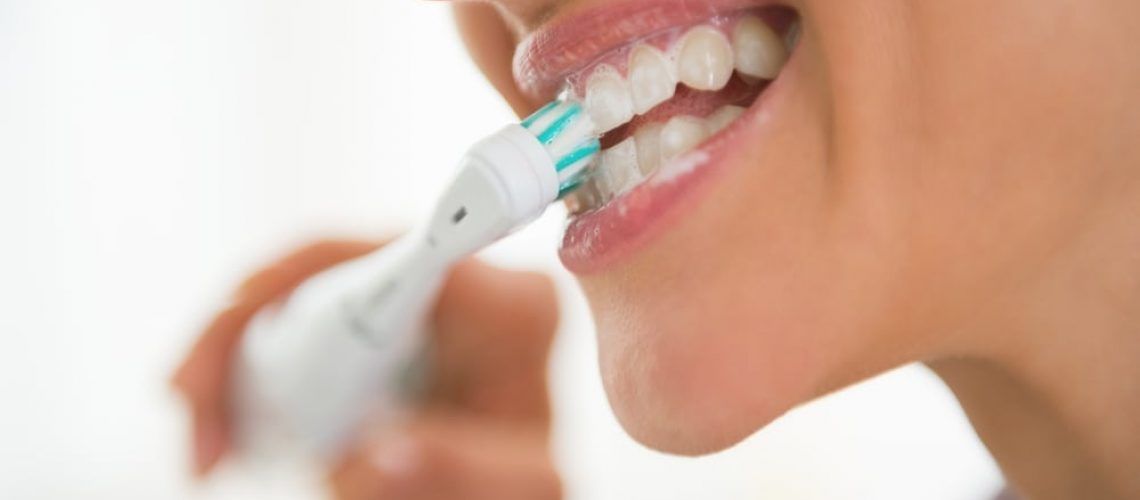As dentists, we love understanding the ins and outs of tooth care, and we’re quite selective about the products we choose. One of the biggest questions we most often get asked is what kind of toothbrush should be used. Because preventative dentistry is primarily done at home, many people often use manual brushes for the convenience of price, its ability to remove debris, and its wide variety of tooth bristle textures. Electric brushes have become widely popular as well, but it leads many to wonder if electric brushes have any better benefits over manuals.
Did you know…
That there’s pretty much a neutral opinion all around over which brush is better? The American Dental Association does not choose a preference, because it’s able to see the benefits of both sides; electric toothbrushes can help those disabled with their brushing abilities and lessen the complications that come with manual toothbrushes, while manual toothbrushes can have more variety in bristles, from soft to hard. The gadgets of electric toothbrushes these days make brushing teeth a more engaging, especially when they include timers and different mode settings. Manuals, however, still benefit from reaching out to a wider audience, giving people more control over their brushing movements.
Frequently Asked Questions
Which toothbrush should I choose: manual or electric?
At St Clair Dental, we believe that both have the same capabilities of removing plaque and debris and aid in giving people better oral care options. It depends on your specific needs. Electric brushes tend to be superior in terms of plaque removal, but also have a higher chance of damaging the gum line. Manual toothbrushes can be gentle on the teeth, but may not remove as much plaque sufficiently. At Dr. Karl’s office, she’ll recommend you the best toothbrush for your oral health.
What should I look for in toothbrush results?
All that matters is your ability to move the toothbrush in the mouth and behind the back teeth. If the head begins to interfere with your ability to reach your back molars, it may not benefit you and your oral care. The toothbrush may lack the ability to remove plaque more effectively. You should be able to see shiny, smooth surfaces along with your teeth and not any residue of plaque left.
How often should I change my electric toothbrush head?
Like manual toothbrushes, the heads of your electric toothbrush should be replaced once every three to four months. If you have any more questions about brushing habits, contact Dr. Karl today to learn more about oral health care.

